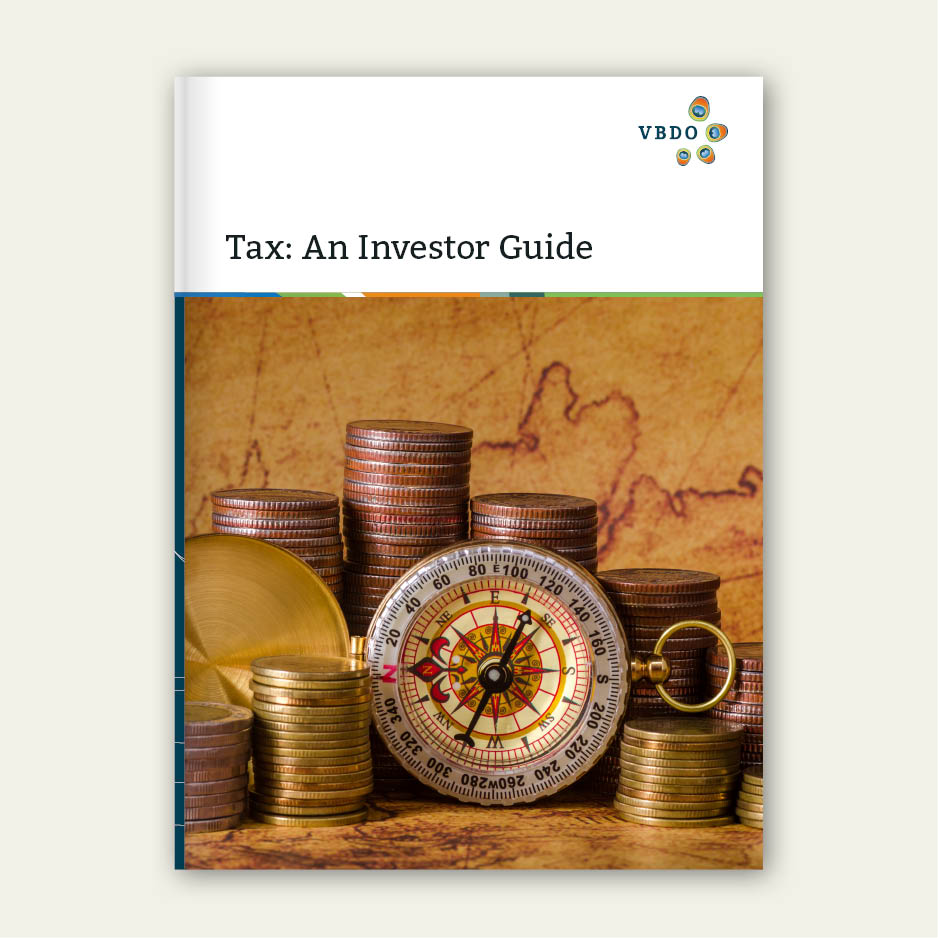Tax transparency has become an essential aspect of responsible investment. The Dutch Association of Investors for Sustainable Development (VBDO) updates this guide to reflect the evolving regulatory landscape and the growing expectations of stakeholders regarding corporate tax practices. Institutional investors are increasingly recognizing tax not just as a compliance issue but as a governance and sustainability factor that significantly impacts long-term financial performance.
Why Tax Matters for Investors
Tax practices influence a company’s governance, reputation, and risk exposure, making them an important consideration for investors. Tax is an integral part of environmental, social, and governance (ESG) factors, as it contributes to societal well-being, supports public services, and reflects a company’s commitment to sustainability. Aggressive tax planning can create reputational and financial risks, leading to public backlash, financial penalties, and loss of investor trust. Regulatory risks are also rising as governments introduce stricter tax laws, increasing the likelihood of enforcement actions against non-compliant companies.
The Changing Tax Landscape
Governments worldwide are implementing new tax regulations aimed at improving transparency and closing tax avoidance loopholes. Public Country-by-Country Reporting (CbCR) is now required for many multinational corporations, making it easier to identify profit shifting to low-tax jurisdictions. The OECD’s Pillar II framework introduces a global minimum tax of 15%, aiming to reduce harmful tax competition. Environmental taxation, including carbon pricing and green tax incentives, is becoming a key instrument for governments to promote corporate sustainability practices. In the EU, tax harmonization efforts such as the BEFIT initiative seek to standardize corporate tax rules across member states, reducing regulatory complexity and preventing aggressive tax planning.
Building a Responsible Tax Framework
To mitigate tax-related risks, investors should promote responsible tax practices within their portfolios. A strong tax governance framework should ensure that companies pay taxes where economic activity occurs and that their tax strategies align with business operations. Transparency is critical, requiring companies to disclose their tax policies, governance structures, and payments at a country level. Effective tax risk management involves continuous monitoring and engagement with tax authorities, regulators, and industry bodies. Investors should also encourage companies to establish clear policies that prevent the misuse of tax incentives and aggressive tax planning strategies.
Tax in Responsible Investment Decisions
Tax governance should be integrated into investment strategies to promote long-term stability and risk management. Investors should assess portfolio companies to identify those engaged in aggressive tax planning or lacking transparency. Engaging with companies through shareholder proposals, questions at AGMs, and direct dialogue can encourage responsible tax behaviour. Voting decisions should reflect tax-related concerns, with investors opposing the reappointment of directors or auditors in cases where companies fail to meet tax transparency standards. If engagement proves ineffective, divestment from companies with unethical tax practices can reinforce accountability.
Next Steps for Investors
Institutional investors should take concrete steps to ensure responsible tax practices in their investment strategies. The first step is to develop and publish a responsible tax framework aligned with international best practices, providing clear guidelines on transparency and governance. Conducting a tax assessment of portfolio companies can help identify risks related to aggressive tax avoidance and non-disclosure. Engaging with policymakers and regulators is crucial to advocating for fair tax policies that support economic stability. Investors can also collaborate with industry networks to amplify their influence in promoting corporate tax responsibility and regulatory improvements.
Conclusion
Tax governance is a fundamental aspect of responsible investing. Institutional investors must integrate tax considerations into their decision-making processes, engagement strategies, and policy advocacy efforts. By proactively addressing tax transparency and governance, investors can contribute to a fairer and more sustainable economic system while protecting long-term financial value.

